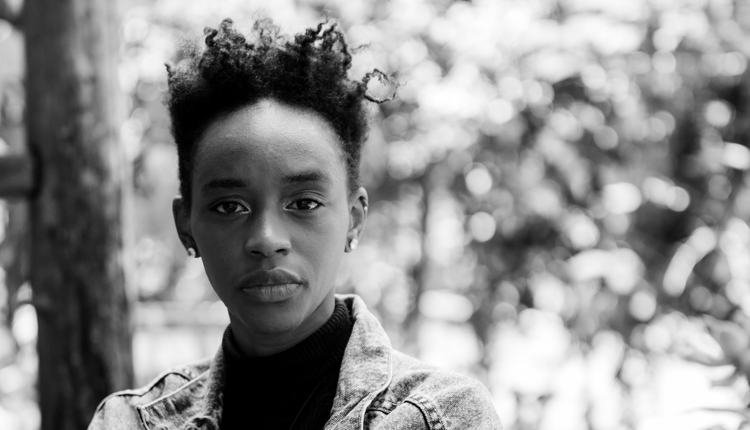Music therapy infuse fun in wellness
By Njeri.Maina, October 19, 2021When the sages talked about a voice melodious enough to charm a snake out of its nest, they were probably talking about Njoki Karu.
Njoki is a musician fresh from Perform Music Incubator where she impacted many with not just her great voice, but the equally powerful lyrics she pens.
Njoki is known for writing Secret Love in 2018 for Rafiki, a film that was directed by Wanuri Kahiu.
Njoki is also a certified music therapist. She always knew she wanted to study music and would later learn about music therapy from her mother and decided to pursue a course in this field as she has always been passionate about wellness as well.
She graduated in 2018 from Berklee College of Music in Boston, USA after five years, with a major in music therapy.She interned in Los Angeles in 2019, then move back to Kenya to practice. But what exactly is music therapy?
What it is
“Music therapy is the evidence-based use of music to achieve non-musical goals such as increased wellness and self-awareness, normally done by a certified music therapist.
These goals vary as some people use music to alleviate stress, alleviate anxiety, help regain normal brain functions in people who have undergone brain trauma while some will use music therapy to help build motor and increased cognitive skills in children with special needs. It all depends on the client,” Njoki explains.
She shares that music therapy sessions can be either individual or in a group depending on client preference.
The format of the session follows a routine and is made up of various parts such as an introduction or check-in session, the body where the music therapist uses various techniques to explore set goals, then a closing session where the therapist transitions the client from the session back into their normal life.
The therapy techniques vary depending on the therapist, the number of people in the session, and the issue being explored.
Some sessions can incorporate techniques such as a drum circle where participants drum and create a percussion piece that explores a common theme such as loss.
Others can involve playing back a recorded piece of music, playing a single instrument or several, singing, or even songwriting.
Being a songwriter herself, Njoki loves incorporating this in her therapy sessions and creates music pieces with her clients.
As to the question of whether music therapy is effective, Njoki answers strongly in the affirmative.
She shares how she has seen people grow from the therapy sessions. One example is a meningitis patient whom she played for from the time he was comatose until he regained consciousness.
She would play his favourite songs as requested by the mum and would have sessions with both mum and son.
Over time, the mum would open up and share more about their lives, he would come to, and Njoki would work with physical therapists to pair music with physical exercises that would help him regain his motor skills. Njoki shares that it is such experiences that keep her practicing music therapy.
Debunking myths
Njoki shares that one does not have to be musically gifted to claim the catharsis that comes from music therapy.
“Music is a universal language in that many people engage with it regularly, and emote or feel moved by it during said interaction. People are moved by songs in a language they do not understand, for instance.
That is all you need to take part in music therapy, the openness to allow the music to help you navigate your emotional landscape.
Moreover, music is so vast. There is the rhythmic portion of it where you can use drums, shakers, clap hands, stamp feet, use cymbals – for these, you do not have to carry a tune at all.
You just have to be willing and open enough to take part in the assigned activities,” Njoki further explains.
The other common misconception that Njoki has come across during her practice is that musicians are automatically music therapists, especially if they make soothing music or music that may be considered therapeutic.
This could not be further from the truth as a music therapist needs to be certified and to be well-educated so that they are equipped to help clients who are seeking therapy based on tried and tested methods rather than solely based on instinct no matter how good the instinct might be.
For those looking for a music therapy session with Njoki, they can find her on Instagram on her eponymous handle where they can either direct message her or book a session via email.
As to her plans for the future, Njoki shares that she will keep practicing music therapy, teaching voice work, songwriting and instruments outside therapy classes, and releasing great music records both independently as well as film scores.
